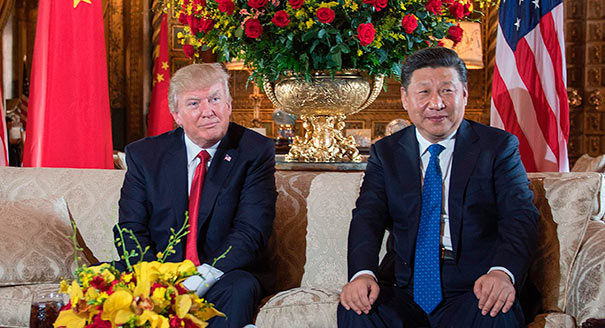Abstract
Changes in U.S. nuclear weapons policies introduced by the Trump administration have created new challenges for the U.S.-China nuclear relationship. This is happening at the same time that the bilateral competition is turning increasingly serious and even hostile. As the most important external influencer of China’s nuclear policy, the United States can take a number of steps to prevent this bilateral nuclear relationship from falling into a deeper, more negative cycle of action-and-reaction. Such an effort should include at least five elements: lead by doing (and demonstrate the right values); try to get a more accurate understanding of China; find a common framework for maintaining nuclear stability; start by reducing shared risks; and help China better understand U.S. policy.
Read the article
This article was originally published in the Bulletin of the Atomic Scientists.





